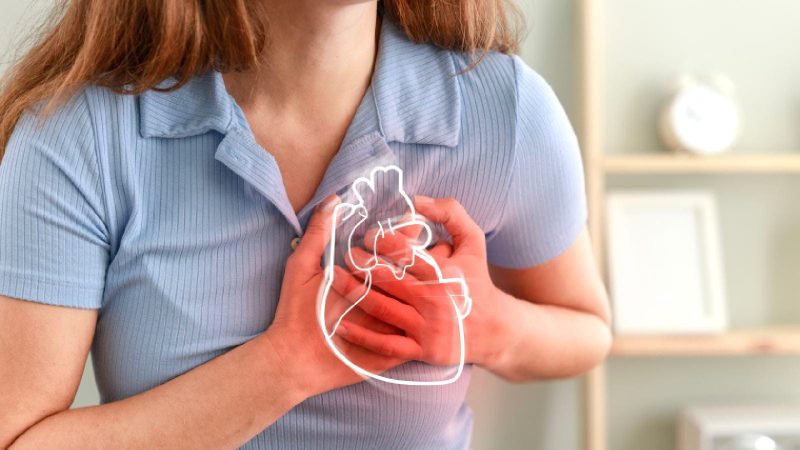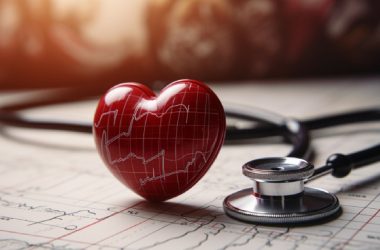Understanding Sudden Cardiac Arrest (SCA)
In recent years, cardiac arrests have become a growing concern in India. Among these cases, sudden cardiac arrest (SCA) is the most common. SCA is a medical emergency in which the heart suddenly stops beating, posing a life-threatening risk. Immediate medical intervention, such as defibrillation, or spontaneous reversion is crucial to restore circulation and prevent fatality. Recognizing the symptoms of cardiac arrest can also help patients reduce their risk. On World Heart Day, let’s explore the signs and symptoms of cardiac arrest and what steps you can take.
Signs and Symptoms of Sudden Cardiac Arrest
Sudden cardiac arrest often occurs without any prior notice, making it even more crucial to understand the symptoms. However, some patients may actually experience certain symptoms before the cardiac arrest episode. Unfortunately, these symptoms are often ignored or downplayed, and sometimes they may go unnoticed in patients who do not survive the incident. Patients who are revived after SCA often experience retrograde amnesia and cannot recall any potential events or symptoms.
Some common symptoms experienced by patients before cardiac arrest include:
- Chest pain or discomfort
- Trouble breathing
- Feeling of a racing heart, skipping a beat, or irregular heartbeats
- Weakness
- Dizziness
- Nausea
- Extreme fatigue
- Flu-like symptoms
Timing of Symptoms
In over half of the cases, people experience symptoms before the occurrence of sudden cardiac arrest. These symptoms can appear shortly before the SCA event or in the days leading up to it. According to a community study conducted between 2002-2012, 51 percent of sudden cardiac arrest patients experienced warning symptoms four weeks before the event. The presence of symptoms was confirmed by the patients, their family members, witnesses, or medical records. The study also found that 80 percent of patients had symptoms at least an hour before the SCA event, and 34 percent experienced symptoms for more than 24 hours before cardiac arrest. The most commonly observed symptoms were chest discomfort (46 percent) and shortness of breath (18 percent). In women, shortness of breath was more common (31 percent) than chest pain (24 percent).
Importance of Recognizing Symptoms
While symptoms of cardiac arrest can be nonspecific and may also indicate benign conditions, they should not be ignored. Not all episodes of cardiac arrest are preceded by symptoms, but in many cases, recognizing and addressing the symptoms can help prevent or stop SCA. Patients should not downplay any symptoms related to cardiac disease, especially if they are new or unstable. Seeking prompt medical care for evaluation and treatment can be life-saving.
Remember, early recognition plays a crucial role in preventing the occurrence of cardiac arrest. Stay alert, listen to your body, and seek medical attention if you experience any concerning symptoms.









